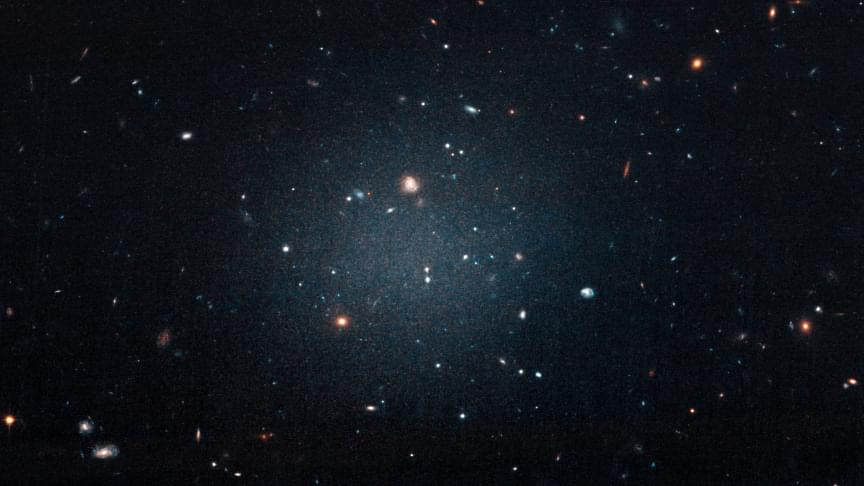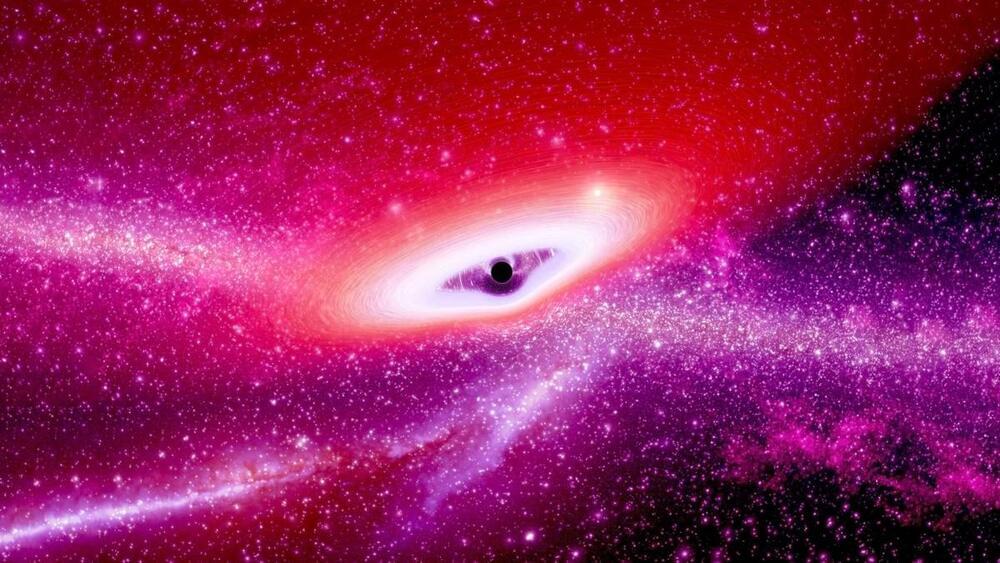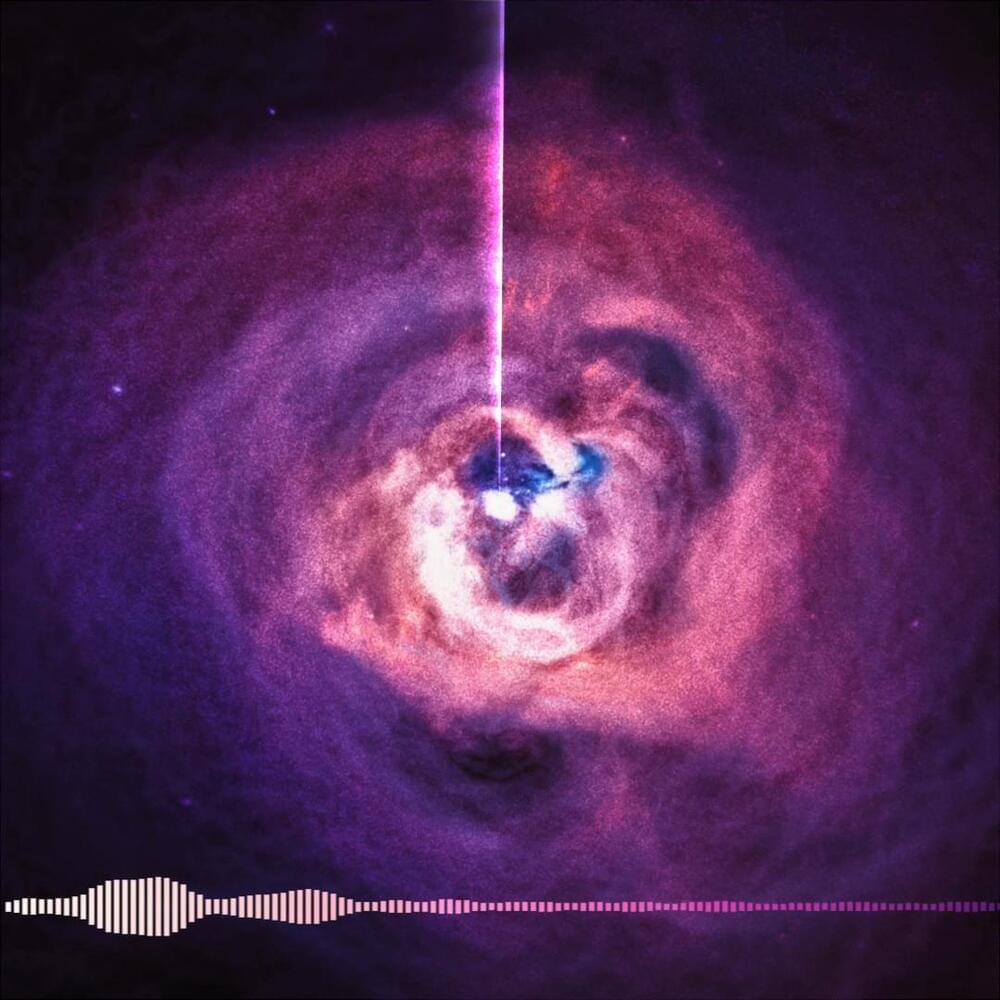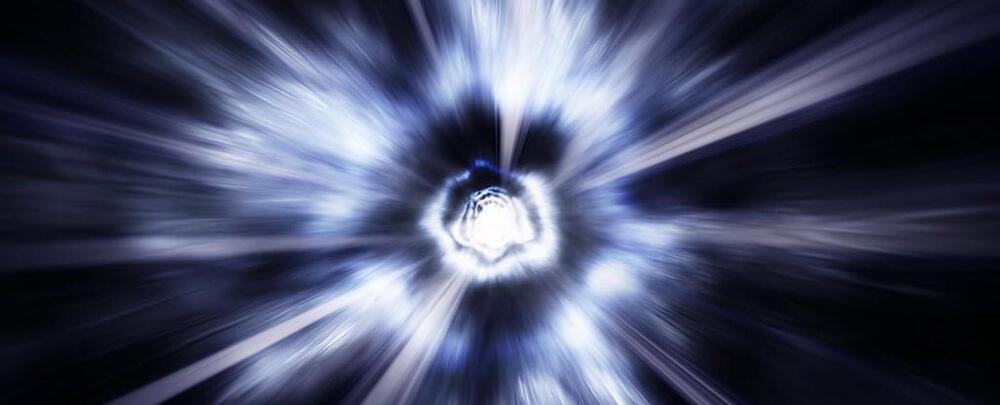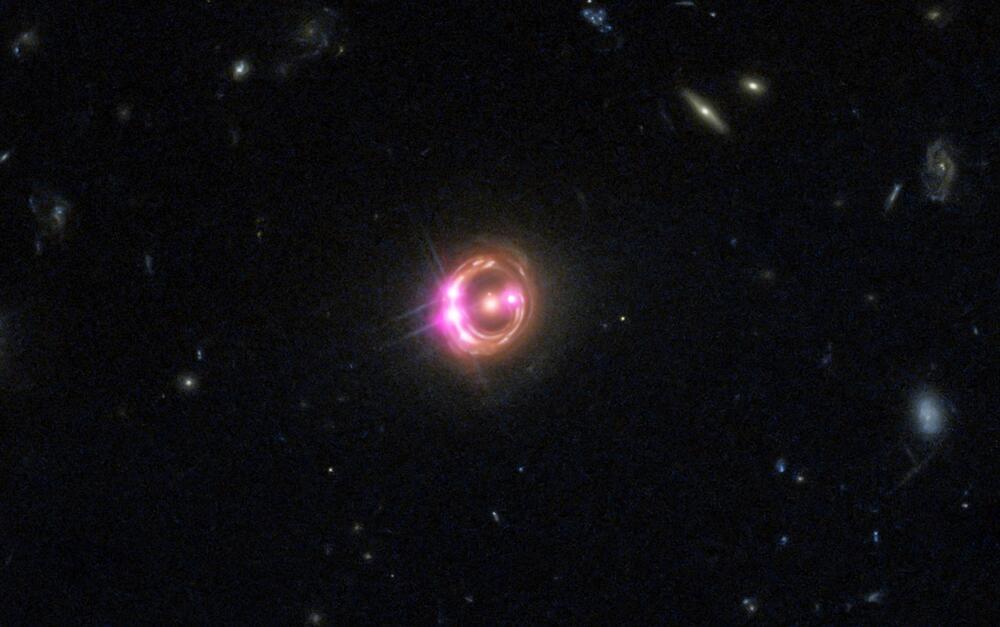Archive for the ‘cosmology’ category: Page 208
May 22, 2022
Rapidly descending dark energy and the end of cosmic expansion
Posted by Dan Kummer in categories: cosmology, quantum physics
Although the universe is expanding at an accelerating rate today, this paper presents a simple mechanism by which a dynamical form of dark energy (known as quintessence) could cause the acceleration to come to end and smoothly transition from expansion to a phase of slow contraction. That raises questions, How soon could this transition occur? And at what point would it be detectable? The conclusions are that the transition could be surprisingly soon, maybe less than 100 million y from now, and yet, for reasons described in the main text, it is not yet detectable today. The scenario is not far-fetched. In fact, it fits naturally with recent theories of cyclic cosmology and conjectures about quantum gravity.
May 21, 2022
NASA InSight shutting down and more: Understand the world through 9 images
Posted by Atanas Atanasov in category: cosmology
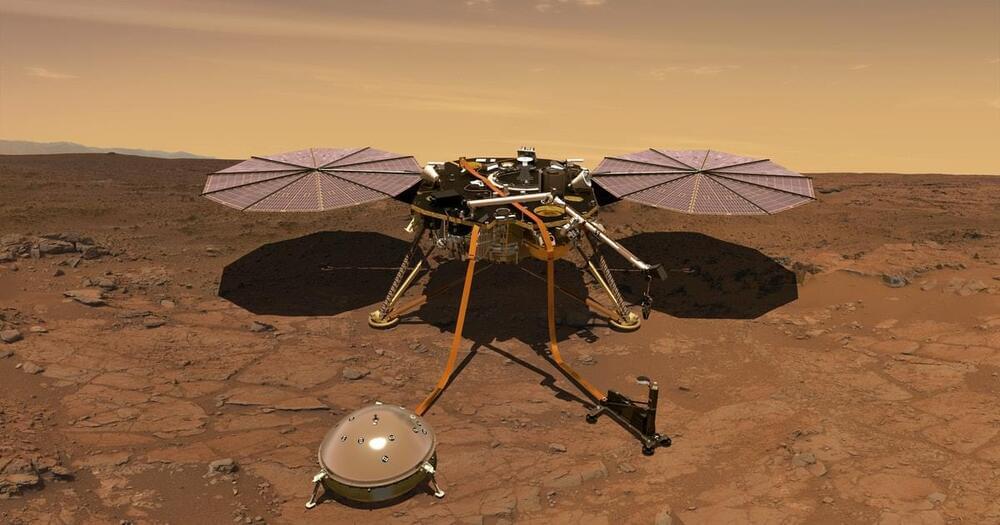
NASA is being forced to end its Mars lander mission early because of dust.
NASA’s InSight Mars lander is shutting down after four years and scientists have seen our galaxy’s black hole for the first time. Here’s May 11–18 in science images.
Continue reading “NASA InSight shutting down and more: Understand the world through 9 images” »
May 21, 2022
Remains of a slamming between two galaxies could shed light upon dark matter
Posted by Gemechu Taye in categories: cosmology, physics
May 20, 2022
NASA releases eerie ‘singing’ from a black hole and it’s straight out of a horror movie
Posted by Quinn Sena in categories: cosmology, media & arts
May 19, 2022
New picture answers many questions about our galaxy’s black hole — and reveals some mysteries
Posted by Atanas Atanasov in category: cosmology
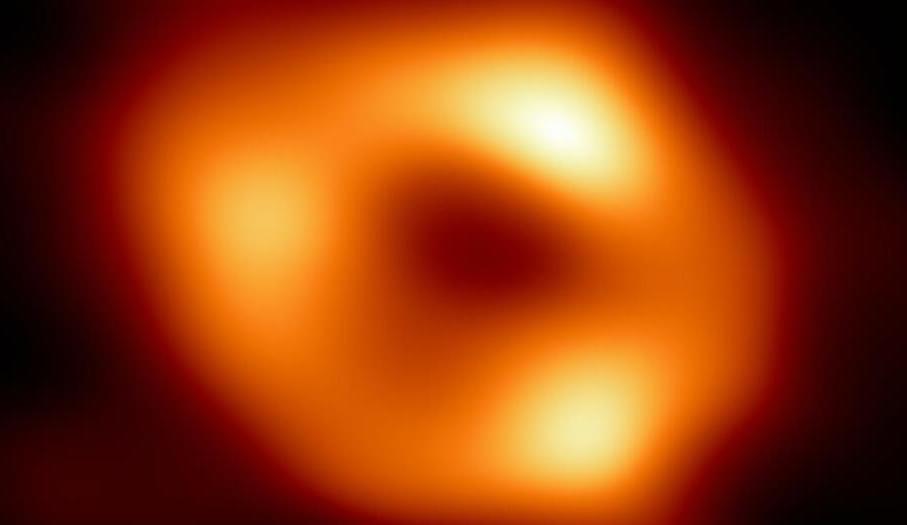
The recently-released image shows how Sagittarius A is both mundane and very strange, all at once.
May 17, 2022
How could we find a wormhole hiding in the Milky Way?
Posted by Shubham Ghosh Roy in categories: cosmology, physics
If there was a wormhole in the center of our galaxy, how could we tell? Two physicists propose that carefully watching the motions of a star orbiting the Milky Way’s supermassive black hole might help scientists start to check. The researchers published the idea in a recent paper in the journal Physical Review D.
A wormhole is a hypothetical concept that connects two separate areas of space-time. Wormholes often appear in science fiction narratives like the 2014 film Interstellar as a convenient way to get from point A to point B in the vast universe. Physicists have many theories that describe how wormholes might behave, if they exist, but haven’t yet found any.
Hello darkness, my old friend 🎵
Want to listen to a black hole? The black hole at the center of the Perseus galaxy cluster sends out pressure waves that ripple the cluster’s gas, which we can translate into a note. #BlackHoleWeek https://go.nasa.gov/3MQae1I
May 17, 2022
Physicists Found a Way to Trigger The Strange Glow of Warp Speed Acceleration
Posted by Genevieve Klien in categories: cosmology, physics
Every time you take a step, space itself glows with a soft warmth.
Called the Fulling–Davies–Unruh effect (or sometimes just Unruh effect if you’re pushed for time), this eerie glow of radiation emerging from the vacuum is akin to the mysterious Hawking radiation that’s thought to surround black holes.
Only in this case, it’s the product of acceleration rather than gravity.
May 16, 2022
Black hole science enters its golden age
Posted by Shubham Ghosh Roy in categories: cosmology, science
The idea of black holes have been around for over 200 years. Today, we’re seeing them in previously unimaginable ways.


